Currently tied with Marvel Studios’ 2021 film, Eternals, Ant Man and the Wasp Quantumania is now certifiably rotten with a 47-percent cumulative score on Rotten Tomatoes. This is not surprising as the film’s script, which was laden with plotholes and continuity errors, was one of the biggest reasons behind Ant-Man 3‘s poor critical reception.
In general, Ant Man 3 felt like someone tasked the ChatGPT to render a script with the following prompt:
“Write a script for Ant-Man 3 and have it set up Kang the Conqueror in the MCU. Focus on Scott’s life following Avengers Endgame and base the majority of the film in the Quantum Realm. Invent a baseless reason why Kang would need Scott Lang and somehow include Cassie Lang, Hope Van Dyne, Hank Pym, and Janet Van Dyne. Plus, include MODOK and a bunch of ‘Quantum people’ to rip off Star Wars’ recent projects.”
Warning! This review will contain spoilers for Ant-Man 3.
How The Script Failed Kang In Ant-Man and the Wasp Quantumania
After a controversial Phase 4 of MCU’s slate, Ant-Man and the Wasp Quantumania marked the start of Phase 5 with abysmal critical reception. Though the majority of the audience liked the film, as evident by Google users’ like-to-dislike ratio and Rotten Tomatoes’ audience score, it is difficult to justify the failure to establish Kang as an imposing villain for the later phases.
Despite such disparity in the film’s critical reception, it is safe to claim that MCU’s latest addition did not live up to the hype generated by the formal introduction of Kang the Conqueror.
Kang’s Conquering Doesn’t Make Sense
Owing to how Jonathan Majors’ exiled Kang failed against Scott Lang and his allies, Ant-Man 3 fell flat in its apparent attempt to establish the Conqueror as a potential threat to the Avengers. Though there is an argument that the version of Kang showcased in the film would not be the ultimate baddie for Avengers The Kang Dynasty, this does not explain the subpar reasoning behind the multiversal villain’s failure in this film.
Unfortunately, the majority of the plot holes are associated with Kang the Conqueror and his ill-defined reasons behind his reliance on Scott Lang to retrieve the multiversal engine core. The film did not succeed in explaining why Kang specifically needed Scott for the task. Certain fans would debate that Kang needed the Pym particle to grow the engine altered by Janet years ago, but the motive behind the Conqueror’s need for Scott’s help doesn’t add up.
If Kang could set up a version of Chronopolis and amassing thousands of cronies, why couldn’t he replicate Pym?. The difficulty to recreate Pym particles may have worked for Avengers Endgame, but compared to Tony Stark and co., Kang is supposed to be highly intelligent and from the 30th century, advanced far beyond our understanding of science. Thus, it is difficult to digest that even Kang could not recreate Pym particles.
Kang’s Squashed By An Ant
In addition to Quantumania‘s failure to establish Kang as an intimidating force, the film portrayed Ant-Man and his allies easily overpowering this Kang variant. The final slap to the character came in the climax when Scott and Hope overpowered Kang following his clichéd monologues.
The film showcased that Kang’s supersuit was fried by the ‘smart’ ants’ electrical charge in the Quantum Realm, which severed his access to abilities like force fields, telekinesis, and energy projections. But is it so inconceivable to think that the highly smart villain from the future would not build fail-safes in his supersuit against something as basic as electrical surges?
Kang seemed to have forgotten that he had telekinetic abilities during the climactic showdown, anyway. Even prior to his suit getting destroyed, Kang did not utilize much of his abilities, which he showcased while threatening Scott and Cassie.
In the film, Kang also threatened to loop time and make Scott suffer the death of Cassie after killing her. While this may have been a bluff, Quantamania did not establish any connection with Kang and his alleged time-manipulation powers, which is surprising for a villain who is known for this specific ability.
Did the Writers Skip Avengers Endgame?
The script by Jeff Loveness masterfully disregarded one major continuity in regard to Ant-Man And The Wasp as well as Avengers Endgame. As showcased in the film, Michelle Pfeiffer’s Janet Van Dyne is clearly wary of establishing any contact with the Quantum Realm due to her history with Kang and his imprisonment.
However, according to the events of previous films, Scott Lang was stuck in the Quantum Realm after Hope, Hank, and Janet were snapped out of existence. In terms of the continuity in the MCU, this begs the question as to why Janet was not concerned with the experiments with the Quantum Realm back in Ant-Man 2.
Why wasn’t Kang aware of Scott’s presence in the Quantum Realm, when he spent around five hours following the events of Ant-Man and The Wasp. Interestingly, Kang was able to detect Darren Cross’ arrival in the Quantum Realm after Ant-Man (2015)’s ending.
Show, Don’t Tell!
It is rather unfortunate that despite a 125-minute runtime, Quantumania failed to show Kang’s rise to power in the Quantum Realm and the so-called rebellion against him. Even as a flashback, a glimpse of Kang’s atrocities towards the inhabitants of the Quantum Realm would have showcased how he amassed such authority and would have established him as the menacing conqueror.
Unfortunately, it seems that Loveness was unable to replicate the same level of continuity and attention to detail as maintained in his previous work, i.e., Rick And Morty. However, it is not clear if Loveness’ ideas were affected by Marvel Studios honchos and producers like Kevin Feige and co.
Luis Is Heavily Missed
The fact that the majority of the comedic moments in an Ant-Man film came from Paul Rudd’s interactions with David Dastmalchian’s Veb served as a reminder of Michael Peña’s Luis. Despite comedy being one of the highlights of the previous Ant-Man films, Quantamania merely offered some cringe-laden attempts at anatomy humor vis-à-vis the ‘holes’ jokes.
While Veb’s enquiry (How many holes you have?) regarding Scott Lang’s orifices may have been chuckle-worthy to some, for a few it reminded how the previous films relied on sitcom-esque comedy instead of juvenile body jokes.
Kathryn Newton’s Cassie Lang
Despite being such an important character for the future of MCU, Newton’s Cassie comes off as rigid even in emotional moments. While the script does little to go beyond Cassie’s arc of a do-gooder rebelling teen, Newton’s portrayal, unfortunately, cannot be solely excused by the writing.
This is ironic, as Emma Fuhrmann was replaced by Kathryn Newton for presumably being a more popular and experienced actress. Interestingly, Fuhrmann was able to fetch far better emotional response as Cassie, despite having an on-screen appearance of mere seconds in Avengers Endgame. So, was it even necessary to replace Fuhrmann with Newton, as the latter did not bring value to the role except for being a more recognizable face?
Much to MCU fans’ chagrin, the only remarkable parts of the film were the “probabilities” scene and the end-credit teases. In addition to the disappointing script haunted by the decision to pit Kang the Conqueror against Ant-Man, the film is quite unremarkable in almost every other aspect, including visuals, VFX, and score.
Interestingly, the writing team of Ant-Man and The Wasp Quantamania did not include heavy-hitters like Chris McKenna and Erik Sommers (the Spider-Man No Way Home writers), as well as Paul Rudd himself, all of whom contributed to the previous films. Sadly, the contributions of the writers and the continuity department members of Ant-Man and Ant-Man 2, are heavily missed in Quantamania. Unfortunately, the addition of Jeff Loveness and co. in the writing team resulted in a sub-par MCU entry, even in comparison to previous Ant-Man films.
Combined with the continuity errors, the choppy script, some cringe dialogues, and the decision to limit Jonathan Major’s Kang variant as an antagonist to Ant-Man, are precisely the factors that make it seem like the script was rendered by ChatGPT. It is shocking that following Phase 4’s recent criticisms from the audience, somehow this is the Ant-Man 3 script that Kevin Feige and co. settled for.


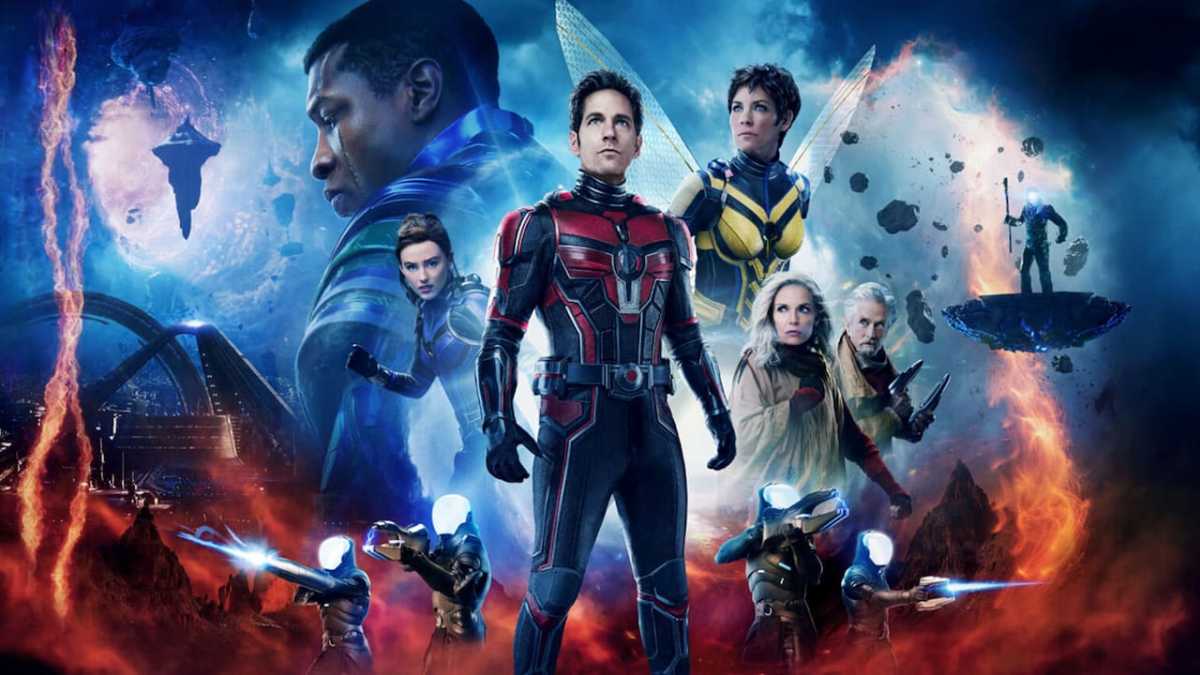

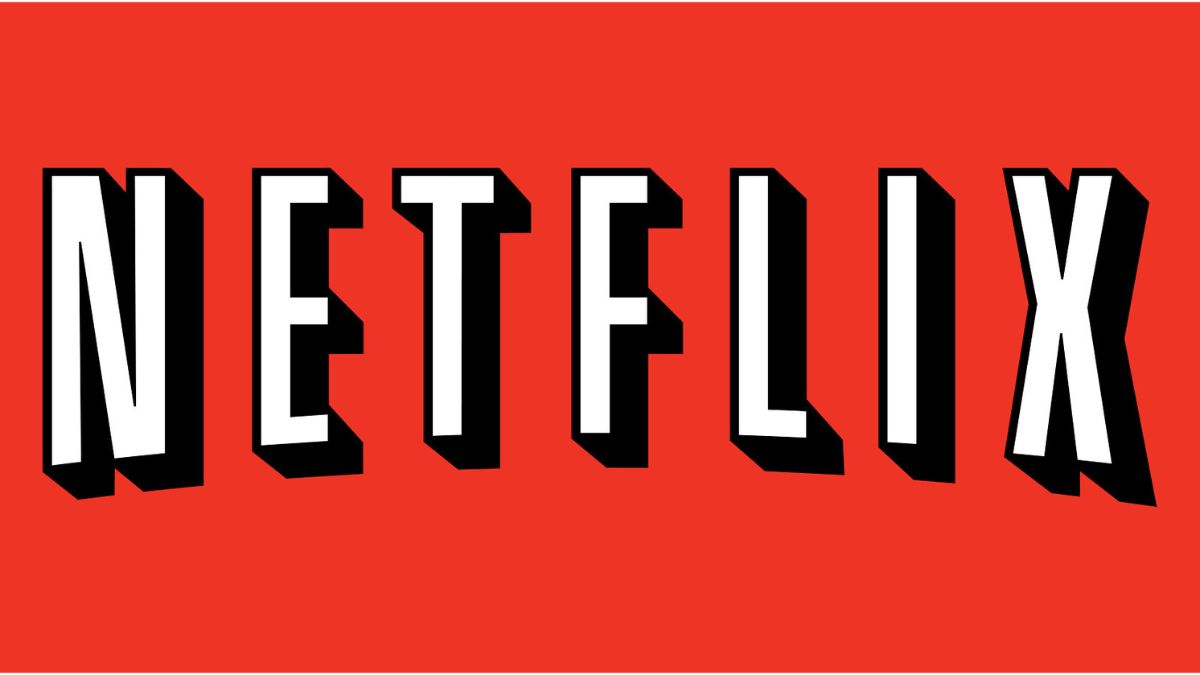
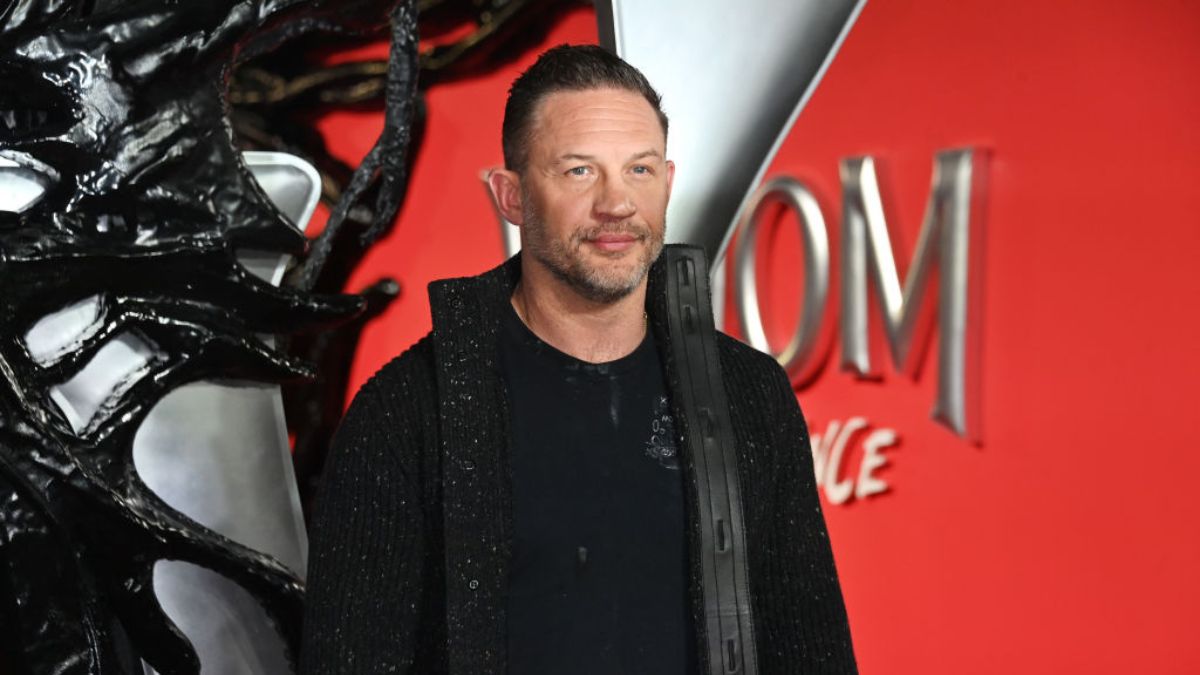
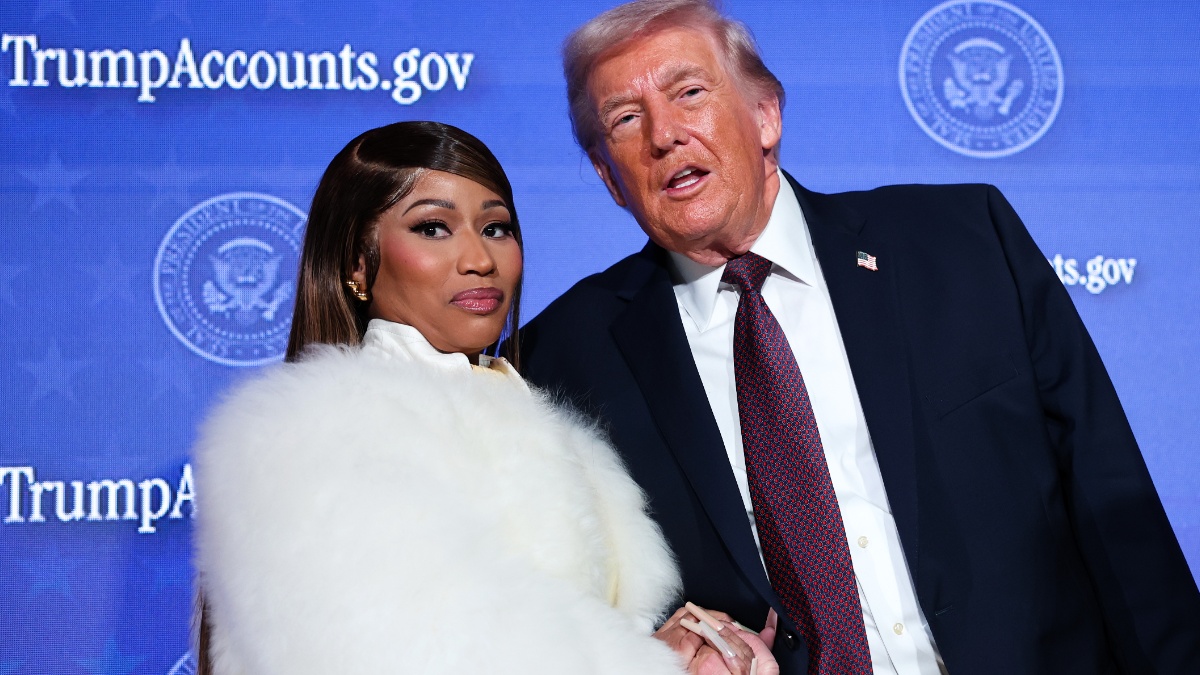

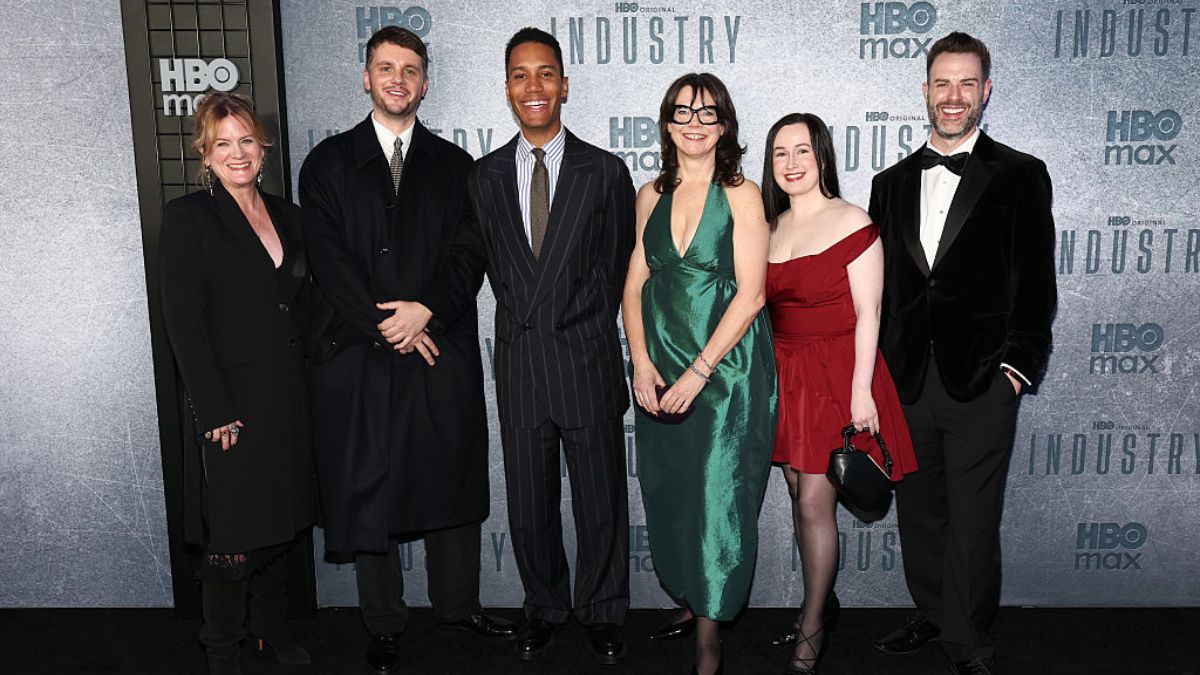

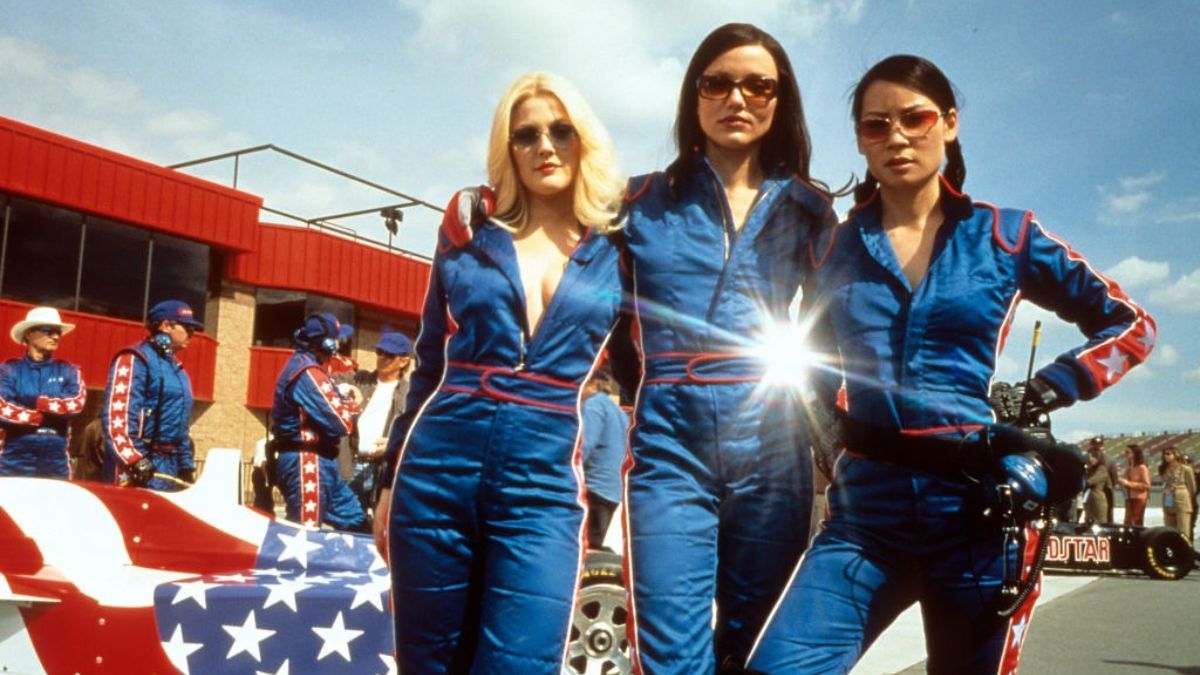
Published: Feb 23, 2023 03:01 pm